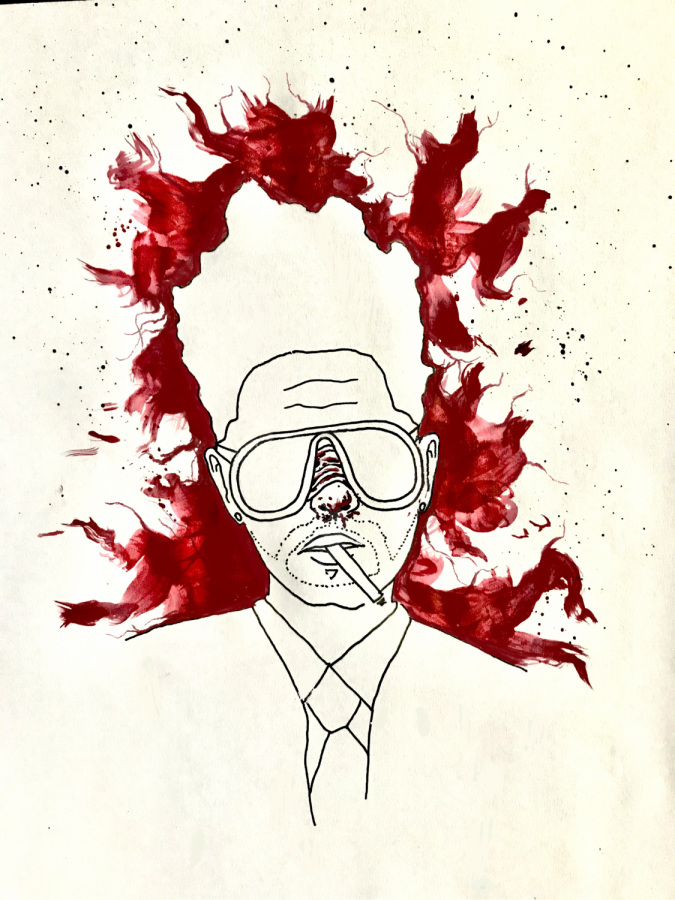Singer The Weeknd Breaks New Ground With “After Hours”
The R&B Star Shines Again in His New Album
“After Hours” sold 270,000 copies in the first week after its release.
April 24, 2020
Rating: 4.5/5 Falcons
In an industry now dominated by rap, the genre of R&B has lost touch with much of what it once was. Far departed from the days of Michael Jackson’s Off The Wall, the sound of R&B has almost seemed static for the better part of a decade, unable to escape the bass-driven styles of the 2000s. Ironic, then, that the first refreshing work for the genre in years would come as a result of turning back the clock to the height of the 1980s, a decade marked by drinking in every excess and indulgence. With his album After Hours, The Weeknd seems only to be outdoing himself, as his trademark intimacy takes center stage like never before. Speeding basslines and droning synths create the framework for a deeply personal album, taking you through the singer’s racing mind as he tries to find the root of his suffering.
With album opener “Alone Again”, The Weeknd seems to foreshadow the tracks to come, both thematically and sonically. With wrenching lyrics, he reflects on failings both personal and private, all orchestrated over pulsing synth that seems to reinvent itself over and over as the track plays out. It’s not long after the third song on the album, “Hardest to Love, that Abel introduces the emotional crux of the entire album, track five, “Snowchild.” Almost ignoring the presence of a listener, the beautifully slow pace of the song could convince you Abel is singing only to himself, as he shows no rush in getting where he’s going. The lyric “Cali was the mission, but now a [censored] leaving” works to both invoke callbacks to his previous work but also to highlight how far separated he has become from his past self. After achieving his Hollywood dreams, he’s been left even emptier than he was before, as the question of “What’s next?” looms heavy over his thoughts.
While much of the album is spent immersed in these much darker, colder sounds, both singles off the record, “Heartless” and “Blinding Lights,” stand out as though they were taken from another project. While the rest of the album still carries the emotional weight certain fans have come to expect, the two songs, intentionally close to each other on the tracklist, provide a kind of levity to the album, acting as palate cleansers to break up what would otherwise be an extended set list of sentimental, brooding reflections and observations. Appeasing the radio listening public, both tracks work as stellar examples of an artist furthering his sound without compromising any familiarity to the audience. Through the thick layers of an 80’s inspired synths, emulating the spirit of the decade, it’s undeniable that the singer of “Can’t Feel My Face” has changed as his success only seems to grow, but has done so while maintaining his artistic integrity.
As if it was calculated After Hours comes at a very important moment in The Weeknd’s discography. After proving himself commercially with both “Beauty Behind the Madness” and “Starboy,” it may have seemed like he was shifting away from the more raw production seen in his first offerings. Feeding off the change seen in My Dear Melancholy, an EP released last year, with After Hours, Abel has instead cemented himself as a staple of modern pop music in an era lacking much personification. While admitting that every track won’t go down as a classic, the concept and execution of After Hours proves an ability in The Weeknd that many eventual great artists possess: reinvention.











